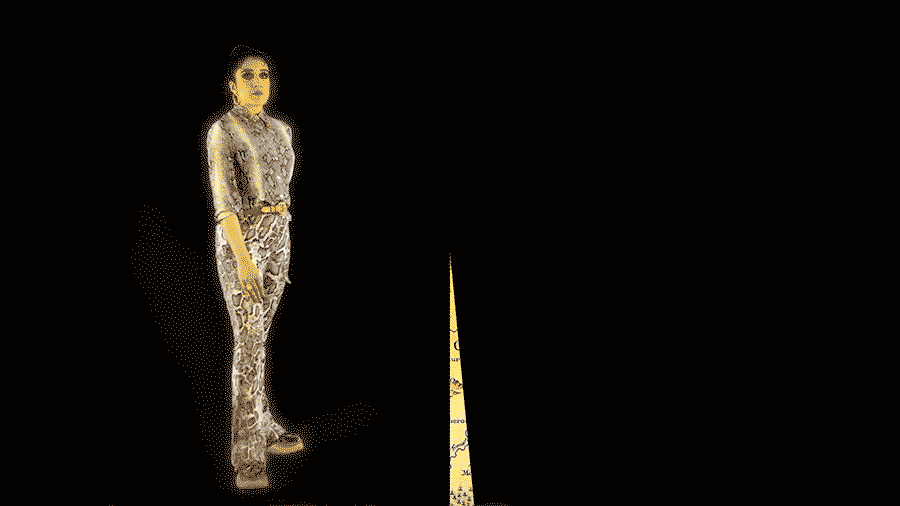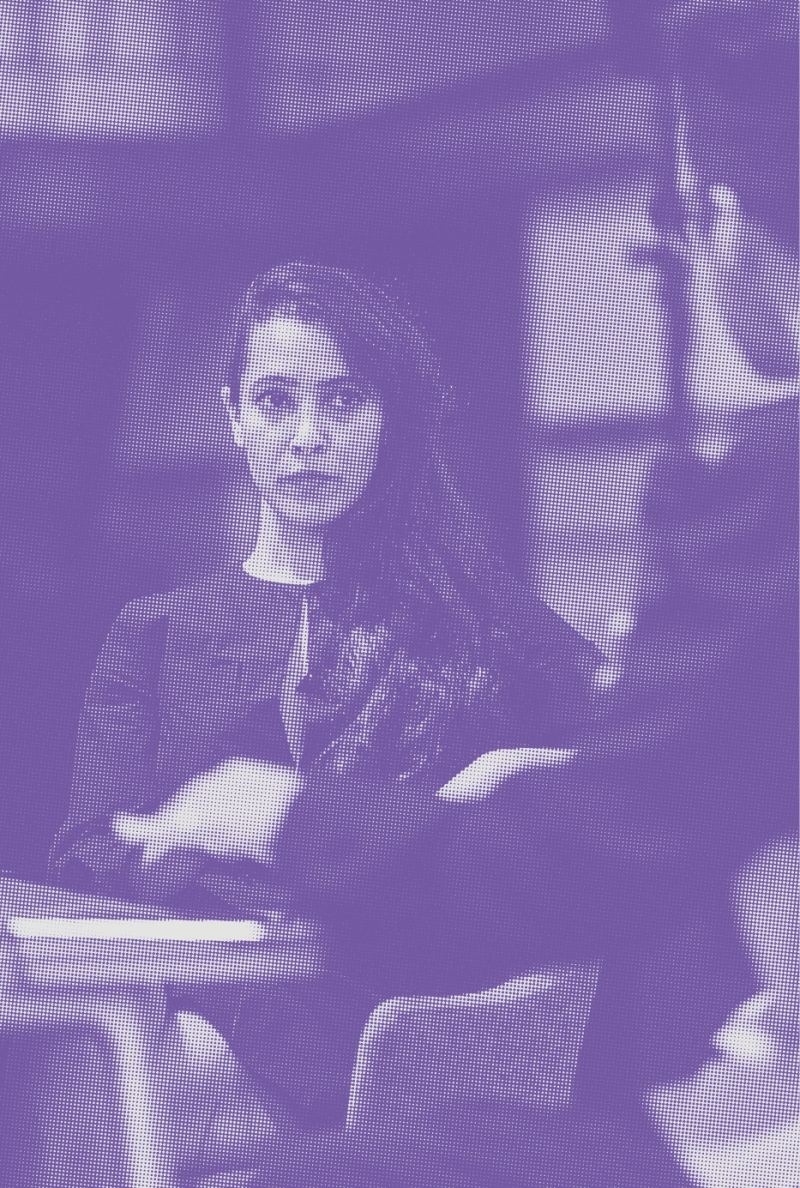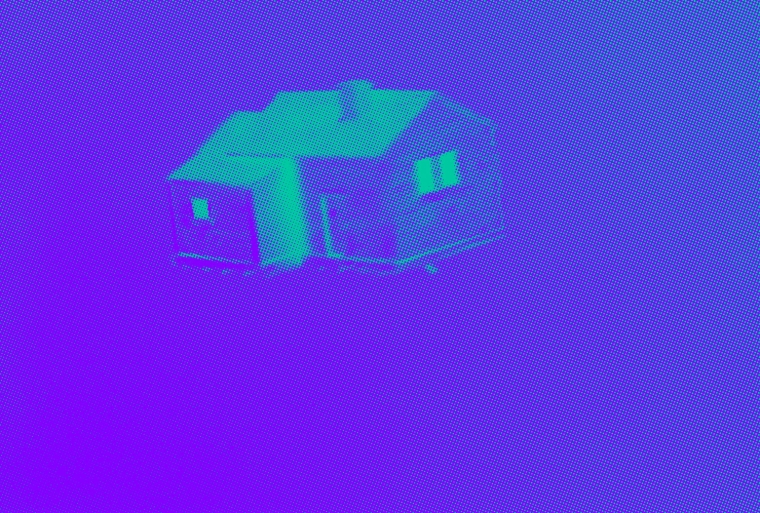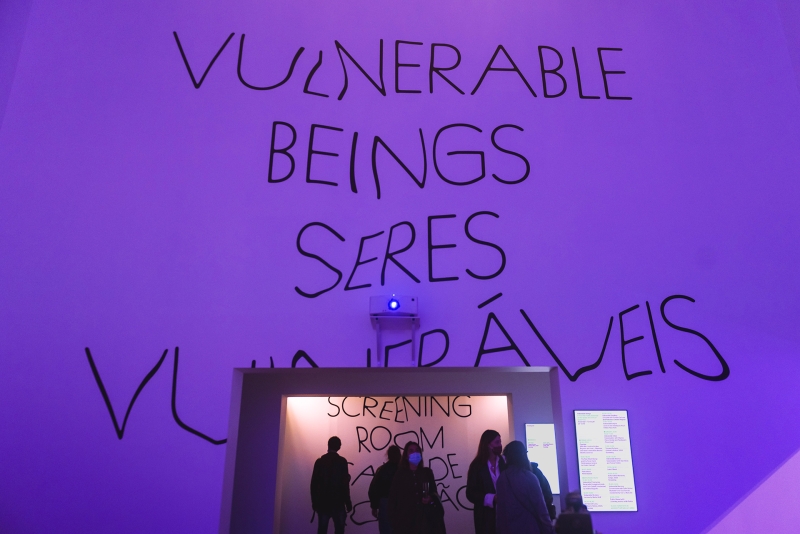Vulnerable Kinship
Conversation with Dan Glass and Teresa Fabião
Since the beginning of the 1980s, when HIV/AIDS jumped into public attention through media coverage, different communities created a new definition of kinship through their activism. This form of kinship was not based on the traditional understanding of lineage (consanguinity, phylogenetic relationships, nuclear family structures), but on the shared engagement with a virus (HIV) and a disease (AIDS). HIV was the biological agent that allowed kinship to form among its carriers, acting as both kin and the apparatus by which kin was created. But these ties were not only biological – they were also social and political. Not all the people involved carried the virus or shared the same positive status, and even if they shared it, there were multiple thresholds determined by the viral load: undetectables, HIV positive with no AIDS, false positives, etc. Thus, the bonding between community members was more than biological. What they shared was a “chosen kinship”: an understanding of their relationship with HIV and AIDS in an activist way.
|
|
|
|
Vulnerable Beings builds on long-term research by Andrea Bagnato and Ivan L. Munuera which thinks about space and cohabitation through the lens of infectious diseases. In a two-part public assembly at maat – Tuning In (29–31/10/2021) and Sounding Out (26–28/11/2021), guests from different disciplines and backgrounds will come together for a dense sequence of lectures, dialogues, performances, screenings, and music. This is the first part of a multi-sited project curated by Andrea Bagnato and Ivan L. Munuera, which will continue with an exhibition opening in the summer 2022 at La Casa Encendida. |
|
|
The conversation “Vulnerable Kinship” with Dan Glass and Teresa Fabião, followed by a Q&A moderated by Ivan L. Munuera, was recorded at maat (Central) in the context of the Vulnerable Beings (Assembly 1: Tuning In, 29–31/10/2021). |
|
|
Teresa Fabião is a dancer, educator, researcher and human rights activist. She has a multifaceted path driven by transits: transits between different cultures, between different movement languages and between different contexts of making and thinking art. She is co-founder of VIRAL, a pioneer collective in Portugal that uses performance as a space for the resignification of imaginaries related to HIV/ AIDS. Fabião is about to premiere the performance UNA, which analyses the crossings between art and virus, and speaks of a ten-year journey as a woman living with HIV. |
Dan Glass is an ACT UP healthcare and human rights activist, performer, presenter and writer. Dan has been acknowledged as Attitude Magazine’s “campaigning role model for LGBTQI youth”, a Guardian “UK youth climate leader,”2017 “Activist of the Year” with the Sexual Freedom Awards, and was announced a BBC Greater Londoner in 2019 for founding “Queer Tours of London – A Mince Through Time”. Glass is an artist with the In Place of War artist network and an educator from the Training for Transformation movement. In 2020 published the book United Queerdom.
|








